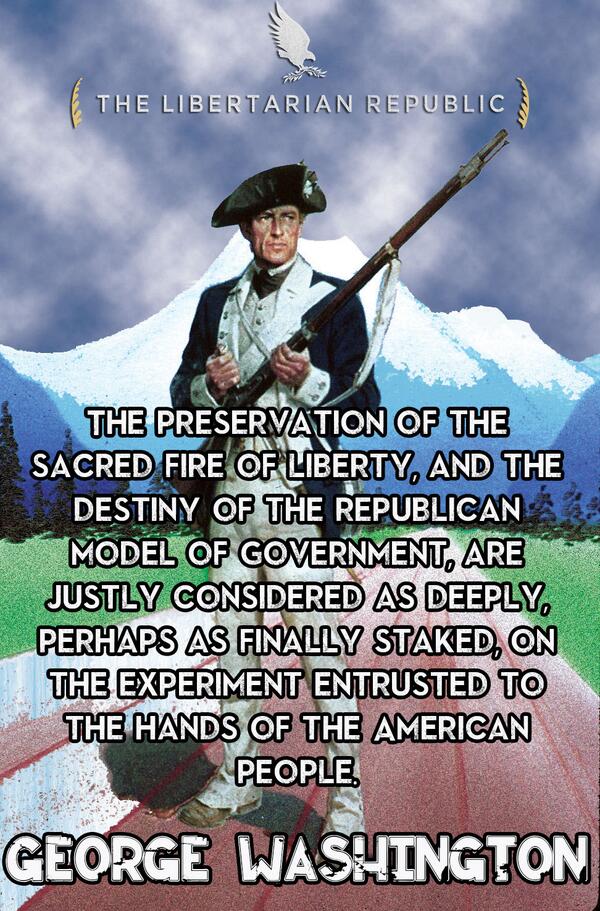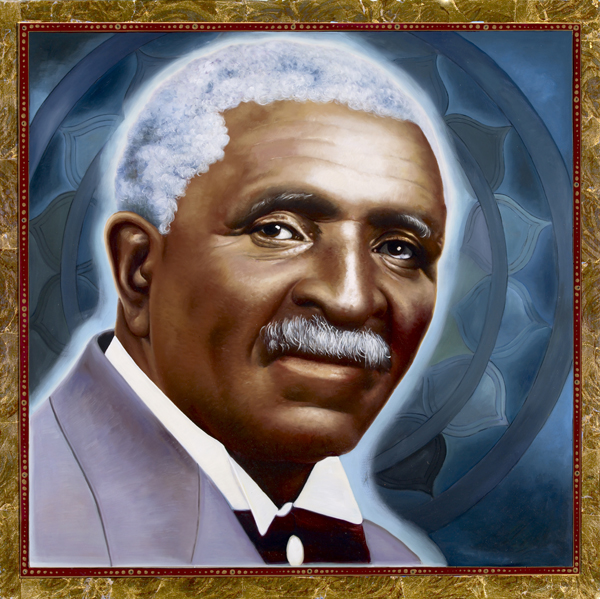
In all of his voluminous writing only once does he speak of Jesus and this single incident, a speech to the Delaware Indians, most likely written by an aide more orthodox than he. The weakest arguments in the book are the ones devoted to proving that Washington believed in the deity of Christ and the Trinity. No Evidence for Belief in the Trinity or the Deity of Christ We learn from one entry that he would have collected his rents on Sundays, but he declined because the people living on his land were “apparently very religious.” His diaries show that he frequently dishonored the Sabbath. Washington was a nominal Episcopalian (the Anglicans renamed after the Revolution) who attended church irregularly, ceasing after his retirement.

This fact leads us to believe that the major premise is obviously false. Thomas Jefferson was also a vestryman in the Anglican church and attended church regularly throughout his life, but Lillback would never draw the conclusion that Jefferson was an orthodox Christian. Here is the essence of his argument in the form of a syllogism: major premise: Anglicans are orthodox Christians minor premise: Washington was an Anglican therefore, Washington was an orthodox Christian.

Lillback likes to use syllogistic reasoning to refute previous Washington scholars. Lillback really has to stretch the evidence and indulge in a lot speculation to make Washington an orthodox, trinitarian Christian. Washington and Jefferson: Both Nominal Anglicans Indeed, Thomas Jefferson regularly took Communion and he explicitly rejected the Trinity and the divinity of Christ. The fact that a person takes Communion is not a definite sign that they are orthodox Christians. James Abercrombie once criticized him harshly from the pulpit about his refusal to celebrate the Eucharist. The reasons that he adduces have to do with church politics, plus the fact that the Rev. Lillback’s most interesting argument is an alternative explanation of why Washington refused to take Communion at two churches while he was president. But a closer look reveals a series of invalid arguments.

It’s the best book on faith and the founding I think I’ve ever read.”ĭid Beck actually read this huge tome? Running almost 1,200 pages with 500 pages of endnotes and 10 indices, conservative Presbyterian minister Peter Lillback’s George Washington’s Sacred Fire certainly gives the impression of thorough scholarship. On his show Beck enthused: “It so discredits all of the scholars and it’s amazing. Thanks to Glenn Beck’s fawning promotion, an obscure self-published book on George Washington’s religion has become a best seller on. He was deafeningly silent, was absent from the temple’s architecture. Washington helped design and construct, but Christ, about whom Religion was one sturdy pillar of the temple of government Old Life Theological Society (Presbyterian) Religion seriously applies only to the “other” side. Lillback’s argument boomerangs on everyone who thinks that taking Rather than scoring points in the culture wars against liberals, George Washington in a letter to Lafayette (August15, 1787) Shall seem the most direct, plainest, easiest, and least liable to exception. Of Christianity in the church with that road to Heaven, which to them Anonymous posting to a review of Lillback’s Sacred Fireīeing no bigot myself, I am disposed to indulge the professors Of us are embarrassed by his poor historical methodology. As a fellow minister in Peter Lillback’s denomination


 0 kommentar(er)
0 kommentar(er)
